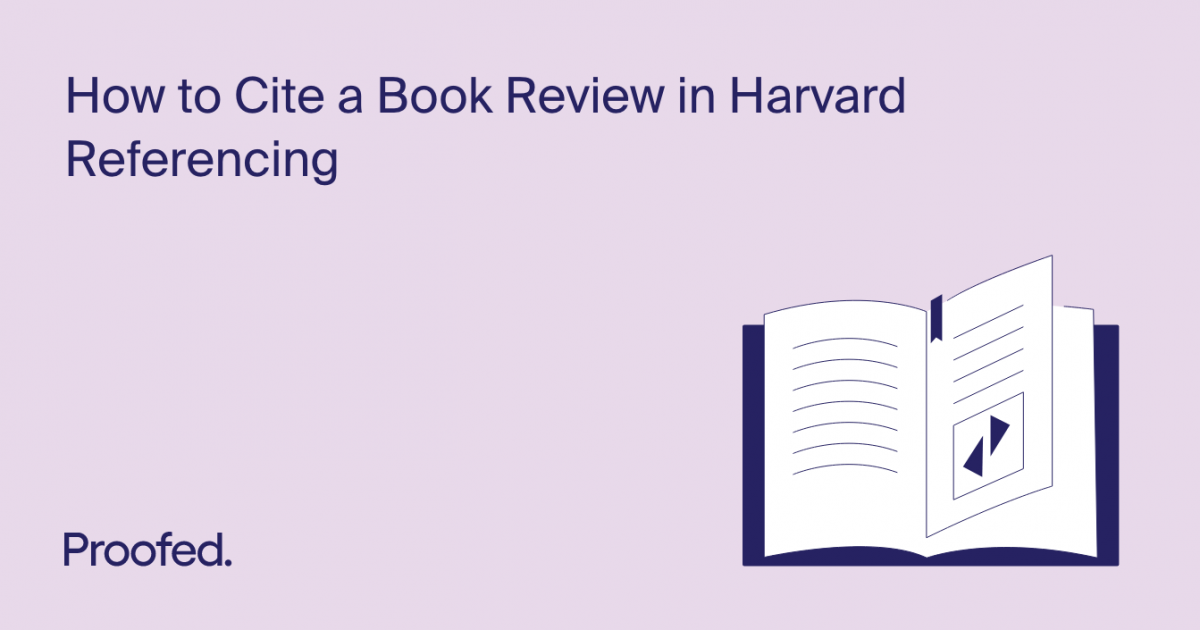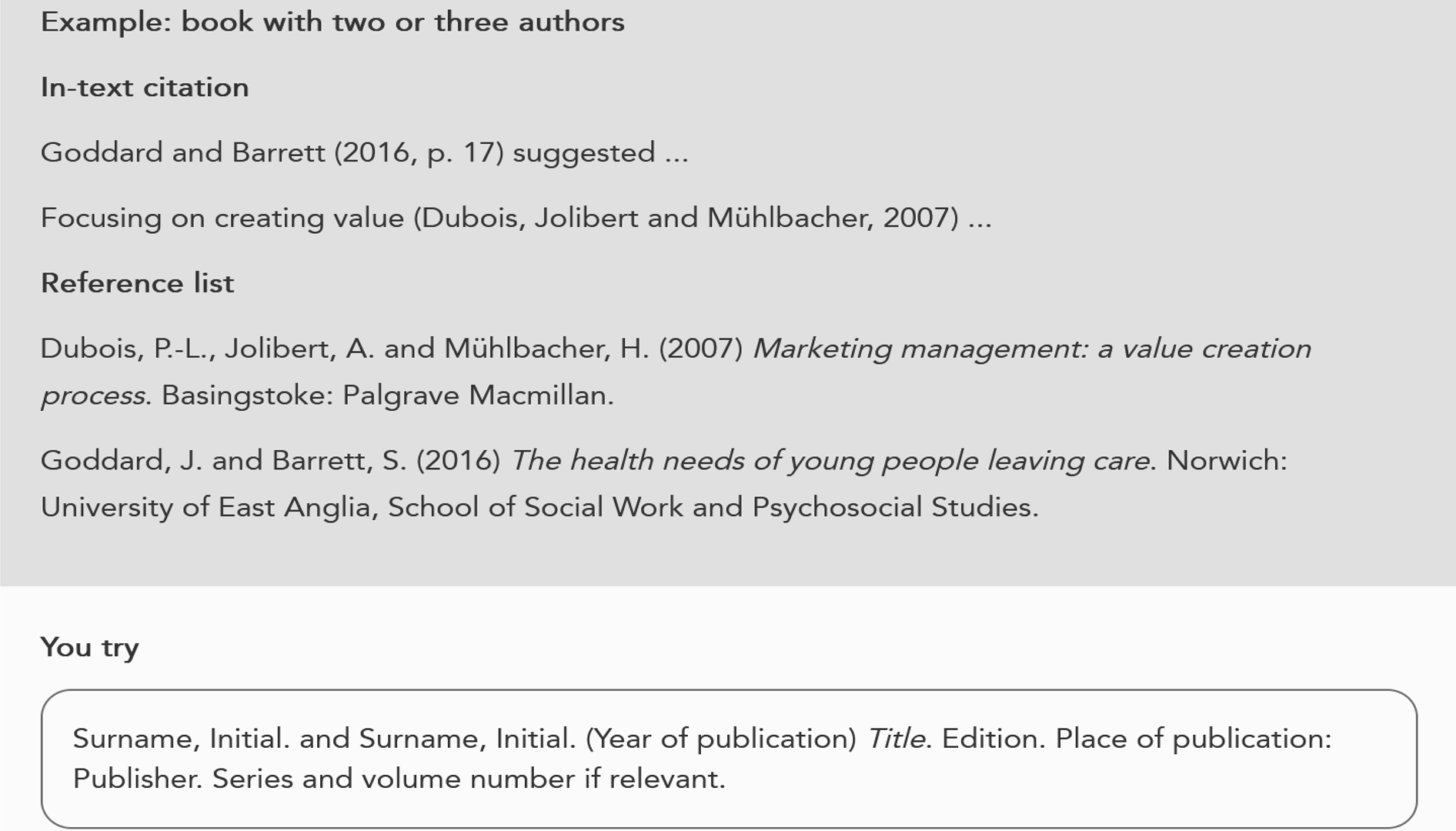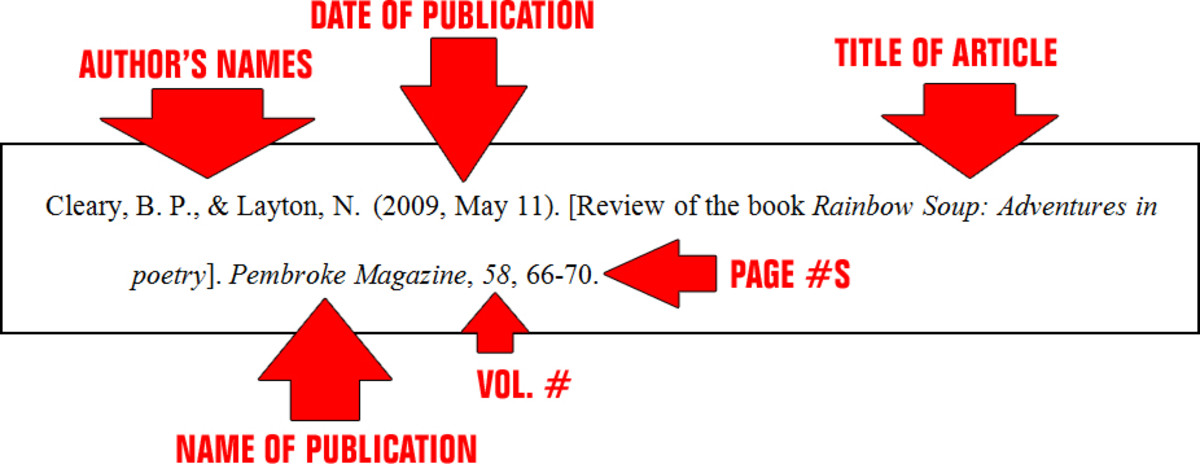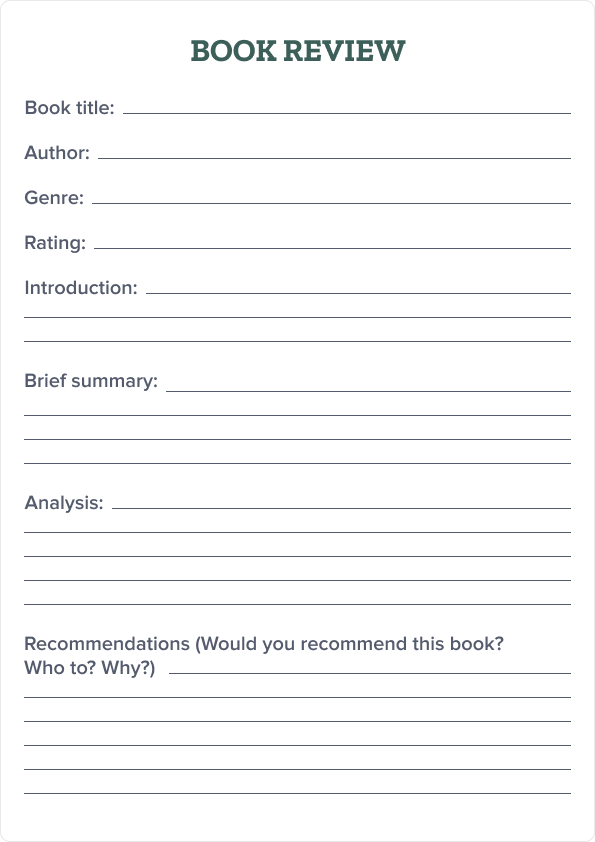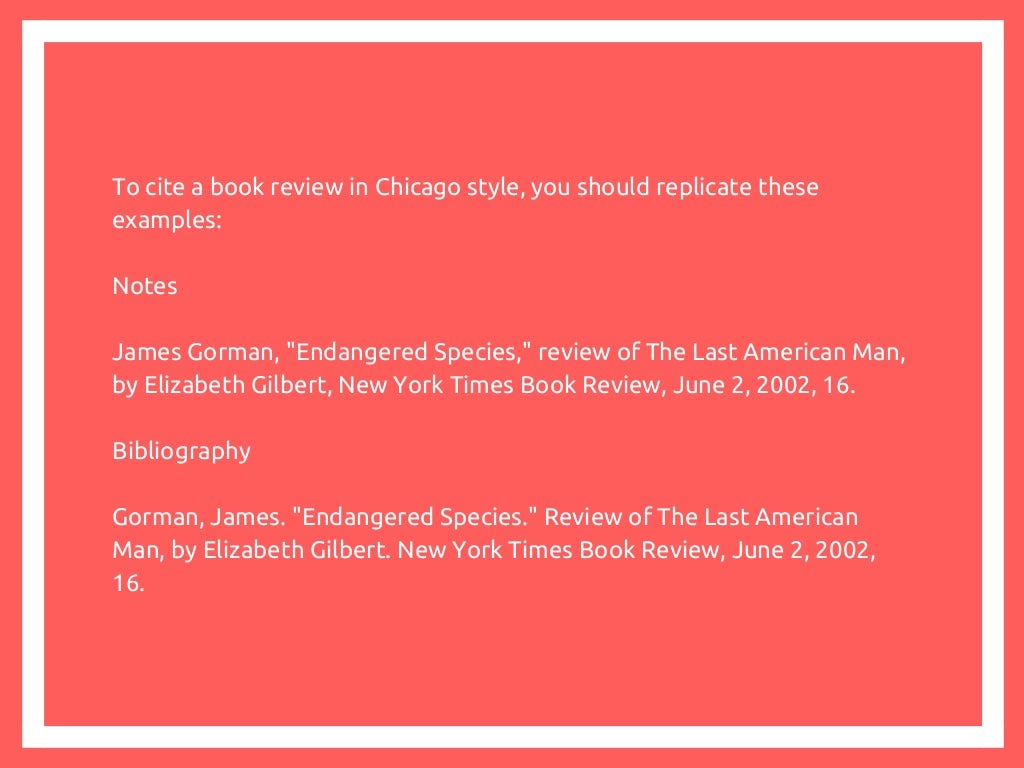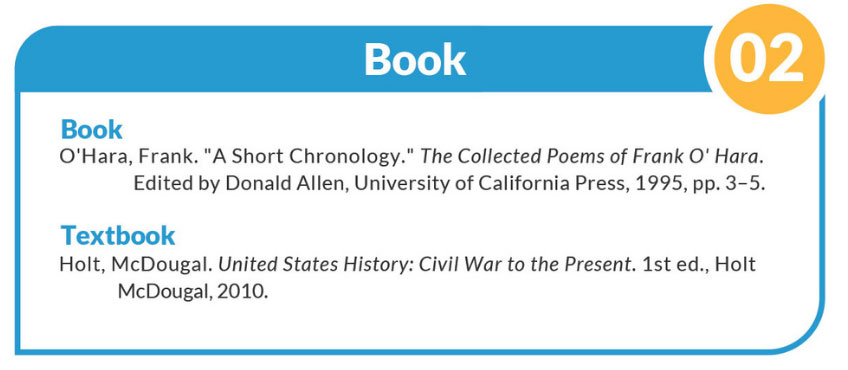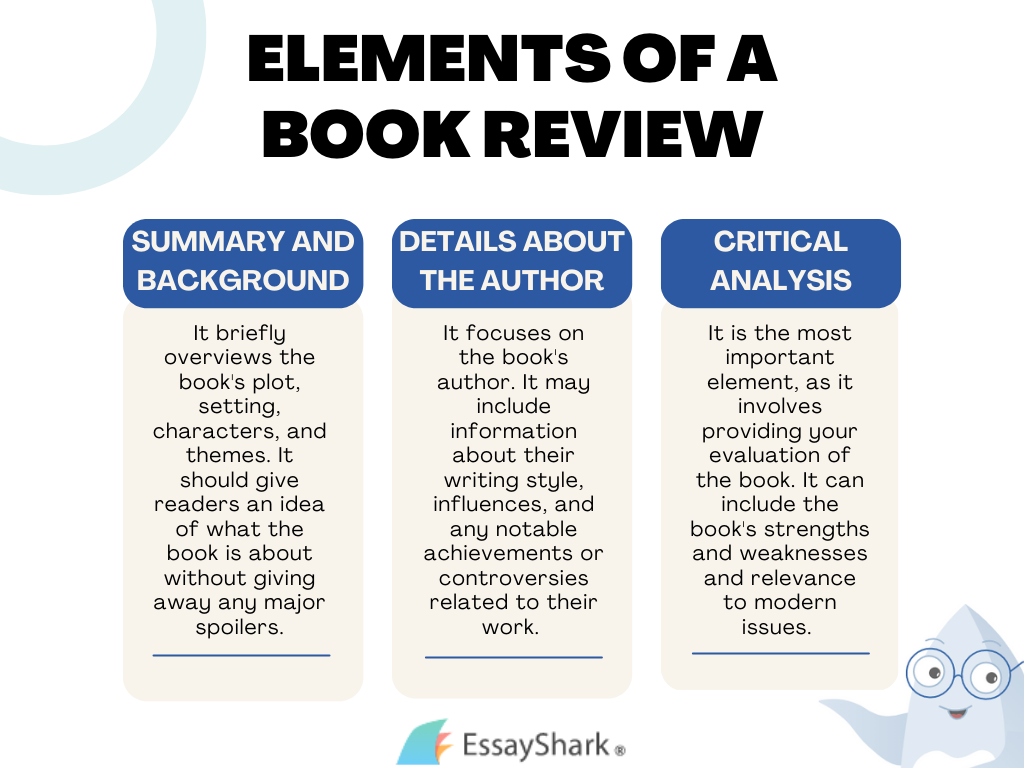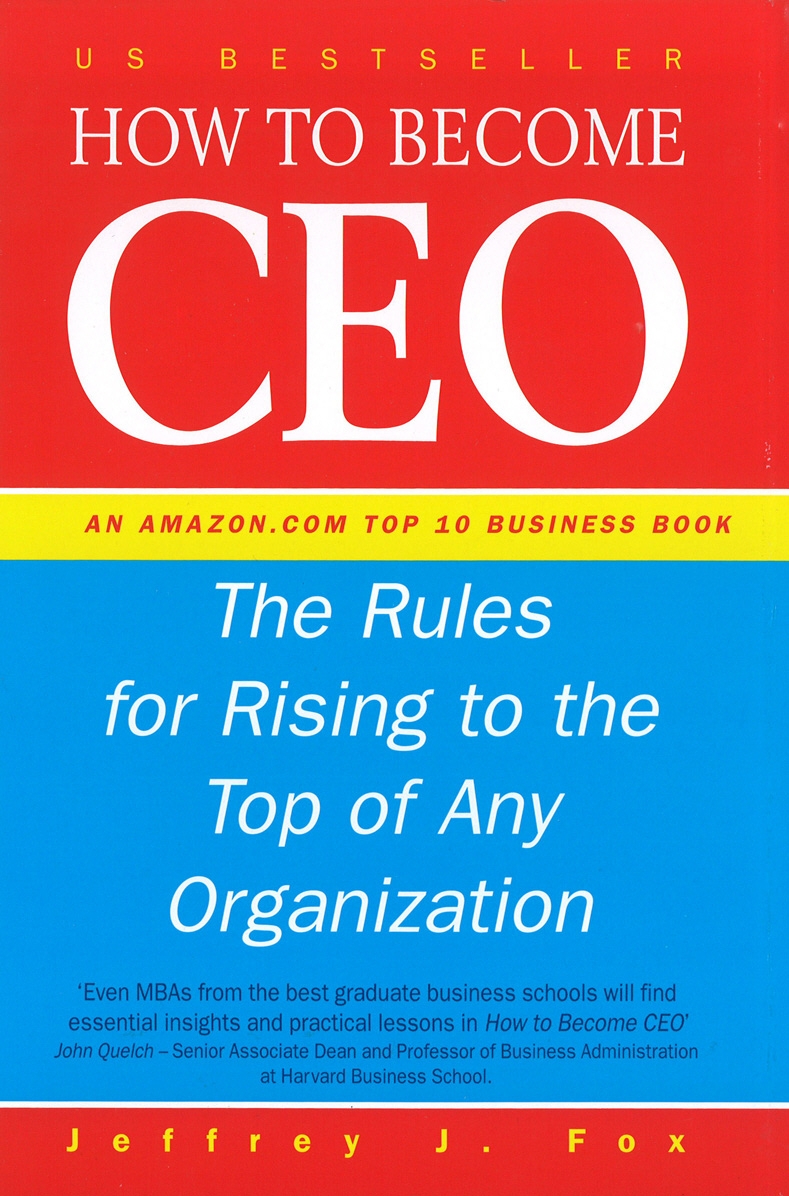So, you've just devoured a book, and now you're ready to unleash your inner literary critic with a book review! Awesome! But wait... How do you sprinkle in those important details – like, you know, who actually wrote the darn thing – without sounding like a robot regurgitating bibliographic information?
Fear not, my friend! Citing in a book review is easier than explaining quantum physics to a cat (and arguably more rewarding). Let's dive in!
The Bare Necessities: Name, Title, and Edition (Maybe!)
Think of these as the Holy Trinity of bookish information. You absolutely *must* include the author's name and the book's title. Imagine reading a movie review that *didn't* mention the movie or director – chaos!
For example, you might say, "In Jane Austen's timeless classic, Pride and Prejudice, Elizabeth Bennet..." See? Simple, elegant, effective.
Edition matters if you're talking about something specific to that edition, like a new introduction or illustrations. If you're reviewing "The Lord of the Rings" and mentioning the Alan Lee illustrations, you'd want to specify that.
Page Numbers: The Quotation's Best Friend
Quotes are the spice of life, and the life of a good book review. But just like you wouldn't serve a spicy taco without a napkin, you shouldn't include a quote without a page number!
It's all about giving credit where credit is due and helping readers find the exact passage you're referencing. For example: "As Hagrid so eloquently puts it, 'Yer a wizard, Harry' (J.K. Rowling, Harry Potter and the Sorcerer's Stone, p. 50)."
Notice how we slipped the page number in there neatly? Boom! Citation complete.
Weaving It In: The Art of the Seamless Citation
The key to a good citation is making it feel natural, not like a clunky bolt-on. Avoid awkward phrases like, "According to the book on page..." Instead, try to weave the information smoothly into your sentences.
Instead of: "On page 12 of 'The Hitchhiker's Guide to the Galaxy' it says..." Try: "Douglas Adams, in 'The Hitchhiker's Guide to the Galaxy', tells us that the answer to life, the universe, and everything is 42 (p. 12)."
See how much better that flows? It's like a perfectly choreographed dance of words and information!
When To Cite (And When Not To)
Cite when you're directly quoting something, paraphrasing a specific idea, or referring to a unique element of the book. Don't cite when you're expressing your general opinion or summarizing the plot.
For example, you *don't* need to cite when saying, "I found the ending disappointing." That's your personal take!
However, if you say, "The author's use of foreshadowing, particularly the subtle hints dropped in Chapter 3 (p. 45), completely misled me," that Chapter 3 reference needs a citation.
Citing Styles: Don't Sweat It (Too Much)
Unless you're writing for a very specific audience that demands a particular citation style (like MLA or Chicago), you usually don't need to get bogged down in the nitty-gritty details. Keep it simple and consistent.
The important thing is to clearly identify the source of your information. As long as you provide the author, title, and page number (when relevant), you're golden.
Think of citing as a sign of respect for the author. You're acknowledging their hard work and giving them credit for their brilliant (or not-so-brilliant) ideas.
So go forth, read widely, and write those book reviews with confidence! You've got this!

